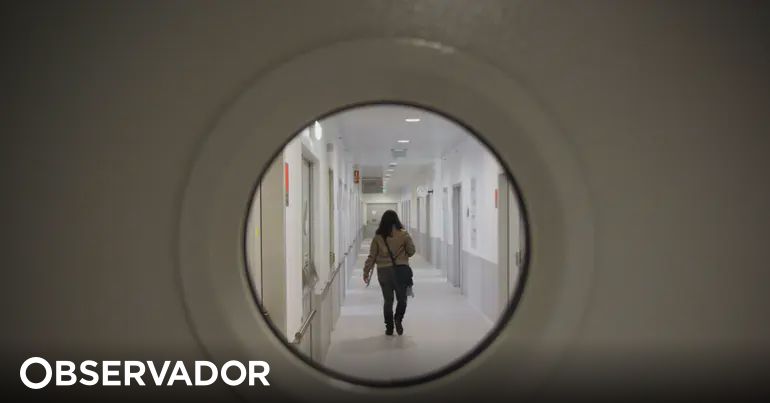Increased Demand in Lisbon's Emergency Services
In recent weeks, emergency services at the Local Health Unit (ULS) Amadora/Sintra have reported a surge in patient admissions, with some days seeing nearly 900 admissions for medical assistance. Despite this increase in visits, the number of hospitalizations has not risen correspondingly.

As temperatures drop, healthcare officials expect a rise in admissions due to respiratory infections. The ULS Estuário do Tejo has reported consistent emergency episodes, totaling approximately 20,000 since September 1st, averaging 241 visits per day in the last week. Common reasons for emergency visits include muscle issues, abdominal pain, gastric discomfort, and sore throat.
Trends in Hospitalizations
Interestingly, hospitalizations have remained stable compared to previous years, with around 3,100 admissions recorded since September, averaging 35 daily in the last week.
Notable Peaks in Service Demand
The ULS São José in Lisbon experienced a peak of 826 emergency visits on October 14, largely due to orthopedic cases, which accounted for 16% of admissions. The hospitalization rate from these emergency visits stands at 12.4%, down by over 1% in recent months following the implementation of the Integrated Responsibility Center of the Emergency Service (CRISU).
Seasonal Health Response Plans
The Winter Health Response Plan is activated from October 1 to April 30, based on risk assessments. This plan includes contingency measures to manage varying levels of demand, such as reallocating resources, extending service hours, and reorganizing hospital spaces.
In cases of emergency overload, coordination among hospitals is crucial, although the Executive Management of the National Health Service (SNS) holds exclusive authority over integrated responses.
Contingency Plans and Preventive Measures
The ULS Amadora/Sintra has activated its contingency plan, emphasizing preventive measures like vaccinations against flu and COVID-19. Additionally, maintaining open consultations for non-urgent cases has been vital in alleviating pressure on emergency services.
The ULS is also enhancing its clinical supply stock, including acquiring additional stretchers to ensure preparedness for increased demands during the winter months.












Comments
Join Our Community
Sign up to share your thoughts, engage with others, and become part of our growing community.
No comments yet
Be the first to share your thoughts and start the conversation!